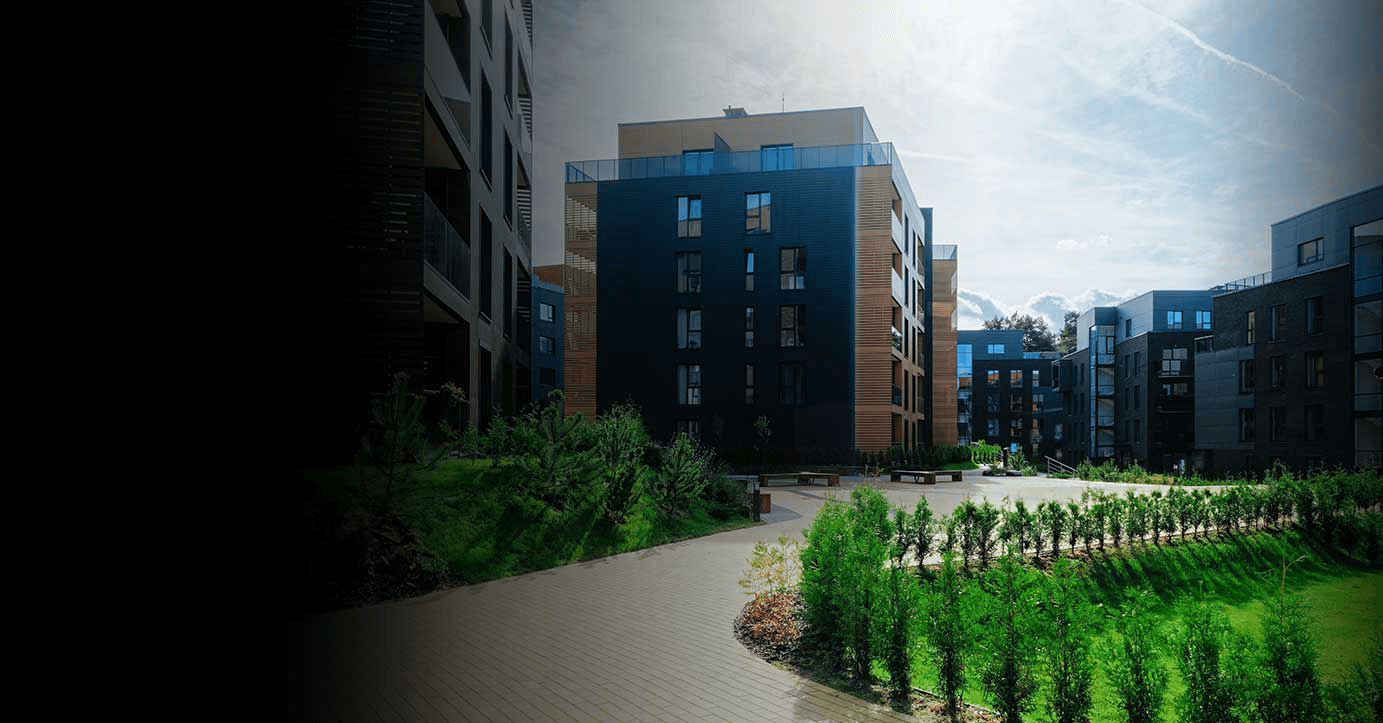Securing MDU Internet Data Flow Through Strong Encryption Standards for Safeguard End-User Privacy as well as Information Integrity
Securing MDU Internet Data Flow Through Strong Encryption Standards for Safeguard End-User Privacy as well as Information Integrity
Blog Article
In the current online world, securing internet data is more crucial than ever before, especially in Multi-Dwelling Units (MDUs) such as apartment complexes and condo environments. Such environments often have numerous tenants sharing the same internet service, which can lead to possible security threats. To guarantee that users' privacy and information security are maintained, it is essential to implement robust coding standards. Data encryption is a method that encodes information, making it inaccessible to anyone who do not have the appropriate credentials to decode it. This process aids keep individual data secure from cybercriminals and unauthorized users.
A of the widely commonly used coding standards is Secure Socket Layer (SSL) and its replacement, TLS Security (TLS). Such protocols establish a secure link between a resident's device and the internet, ensuring that any information exchanged remains confidential. When tenants in an MDU access sites that utilize SSL/TLS, their private information, such as login credentials and payment billing numbers, is secured. This means that although when someone tries to intercept the information, they would merely see a jumble of letters and numbers, making it almost unfeasible to comprehend. By promoting the adoption of such protocols, MDUs can greatly improve the safety of their tenants' online activities.
A further important coding technique is Virtual Secure Network (VPN) solutions. A VPN establishes a protected pathway for web data, which safeguards users from prying observers, especially when accessing public wireless connections. In an MDU, in which numerous tenants may link to the identical service, using a VPN can assist ensure that individual web activities stay confidential. This is particularly important for tasks such as internet banking or accessing sensitive data. By encouraging the use of VPNs among residents, MDUs can cultivate a safer internet environment and help safeguard against information breaches.
Alongside these encryption methods, it is vital for MDUs to educate their tenants about the significance of online security. Numerous individuals may not be aware of the risks linked with utilizing common web services. Offering resources on how to identify phishing attempts, the necessity of robust credentials, and the benefits of employing encrypted websites can empower residents to take charge of their online security. Seminars or educational meetings can be effective ways to raise knowledge and encourage optimal habits for internet security.
Ultimately, MDUs should think about working with internet provider companies (ISPs) that prioritize safety and provide advanced encryption options. By collaborating with ISPs that implement robust coding protocols, MDUs can ensure that their tenants have availability to secure web connections. This collaboration can result to enhanced general security for the whole building, as well as increased find more information trust among tenants. By implementing these measures, MDUs can create a safer internet space, safeguarding user privacy and information integrity in an increasingly interconnected world.